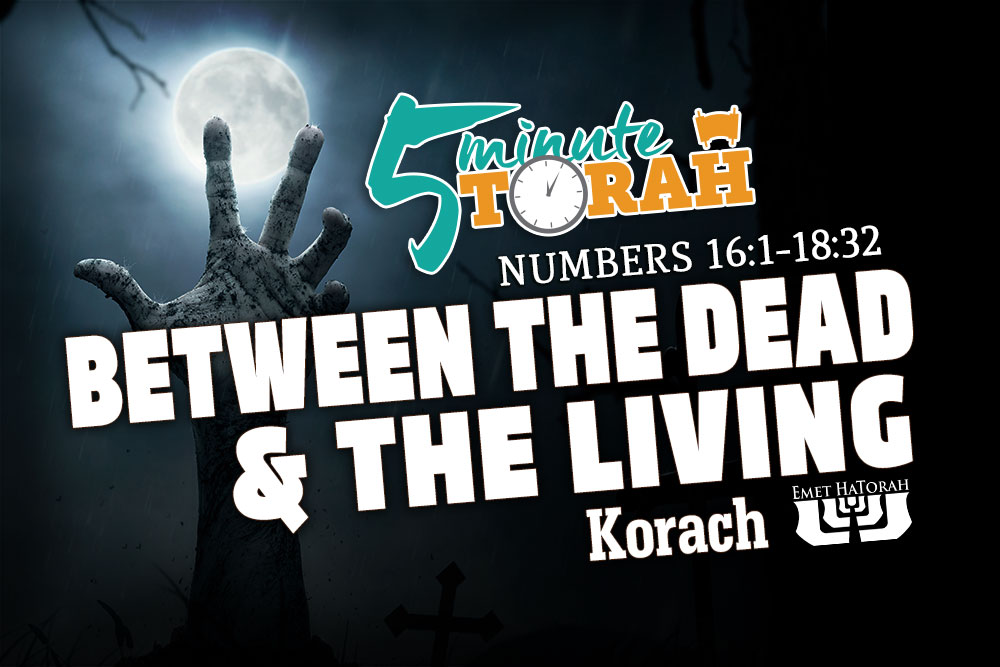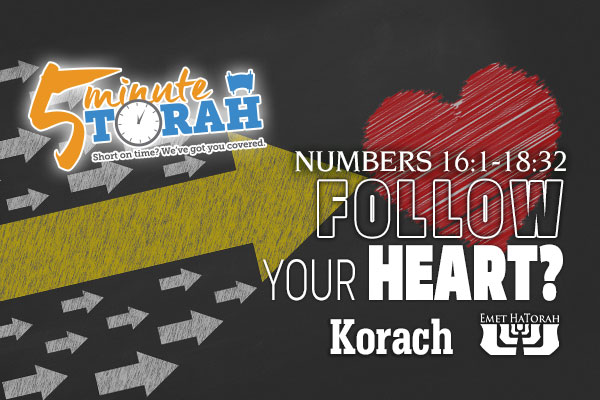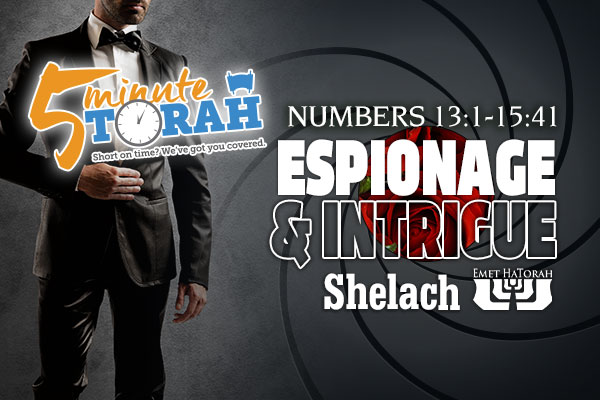Looking For Loopholes
The portion of Balak is filled with supernatural interactions between God and a Gentile prophet by the name of Balaam. From our portion, Balaam appears to have been renowned for his spiritual acumen, and seems to have a close relationship with the God of Abraham, Isaac and Jacob. Yet in the end we find that he is dead set on destroying the Children of Israel. How did this come about? Let's take a brief look at Balaam's mistake.
When Balak's men came to Balaam and asked him to curse Israel, he realized that his services would fetch a large sum of money. He only had one problem. He couldn't speak anything more than what God would allow him:
"Though Balak were to give me his house full of silver and gold, I could not go beyond the command of the LORD my God to do less or more" (Num. 22:18).














